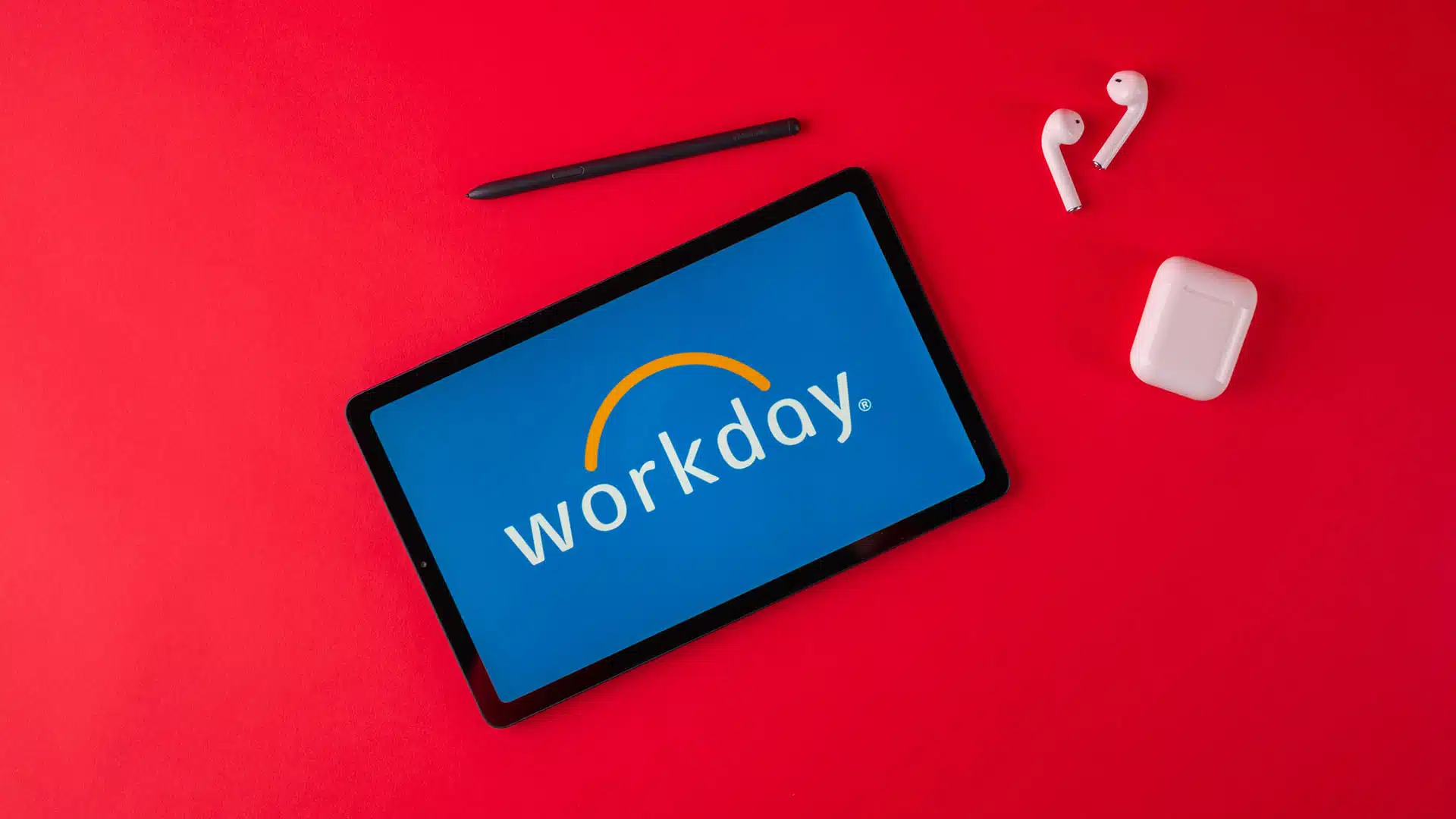Three Consumer Trends That Will Shape 2023
An empathetic interaction with a brand is more important to consumers than a short wait time, experience management provider Qualtrics says in its new 2023 Global Consumer Report, identifying three big consumer trends projected to shape 2023. Surveying more than 33,000 consumers in 29 countries, the report states that revenue at many companies is on the line in the face of tightening economic conditions and reduced organizational budgets worldwide. In the first trend, the report notes that an empathetic interaction with a brand is more important to consumers than a short wait time. Consumer loyalty will be won through personal connection with organizations, more so than through operational efficiency, the findings indicate.
Brand switching is also likely to increase as consumer patience runs out, the report notes as the second big trend for next year. While consumers have been relatively forgiving of challenges brought on by staffing shortfalls and other CX issues related to the pandemic, that patience may run out as their own wallets feel the impact of the economy.
As the third and final trend, Qualtrics says unstructured feedback will be increasingly essential to understanding and meeting changing consumer needs. To this end, companies can improve their listening by using context clues from chats or other qualitative responses to understand a consumer’s specific situation and how to respond appropriately in real time. Such feedback also identifies opportunities to introduce changes that benefit the entire consumer population, the report adds.
Overconfident Marketers are Missing the Mark With Consumers
While businesses and consumers alike are being squeezed by inflation and tightening budgets, overconfident marketers are not connecting with customers and wasting ad spend, according to findings from a new survey by customer data platform (CDP) provider Treasure Data.
Kazuki Ohta, co-founder and CEO at Treasure Data, says that although the prospect of a looming recession has forced consumers to adjust their spending habits, companies do not fully appreciate the extent of the changing behavior, causing a growing divide between customer needs and what brands are delivering. Marketers across the world should also realize that wasted ad spend is impacting the success of their campaigns, and improving media efficiency is paramount in light of shrinking marketing budgets, Ohta adds.
Related Article: Treasure Data Secures $234 Million from Lead Investor SoftBank
The survey, which canvassed 2,000 US consumers and 500 senior marketers in September 2022, reveals additional areas of concern for marketers. Almost three-quarters acknowledge the presence of blind spots in their organizational data, with poor-quality data resulting in inaccurate targeting (30%), lost customers (29%), lost leads (28%), wasted marketing spend (28%), and reduced productivity (27%).
Marketers also spend too much time managing customer data collection—14.5 hours on average every week, the report asserts, with 1 in 5 dedicating more than 20 hours weekly to the task.
Business Onboarding Process with Banks is Too Complicated and Frustrating
Business owners found the onboarding experience with their banks or financial institutions too complicated and frustrating—to the extent that 76% walked away in the middle of the process, reveals OvationCXM in the 2022 Financial Services CXM Impact Report.
Citing high levels of frustration among business owners and operators, the report says at least 6 in 10 businesses found their onboarding experience to be “somewhat” to “extremely difficult,” and 9 in 10 businesses needed to contact their financial institution for additional help. For a majority of respondents, the most frustrating issue during onboarding was working with too many people or organizations throughout the process. Confusing instructions or procedures were also a big issue, representing the biggest frustration for 25% of respondents. Overall, more than 30% of businesses said it required four or more contact points with their financial institution to resolve issues.
Owners who experienced onboarding pains were not inclined to be forgiving. At least 60% said they would move on after 48 hours if their onboarding issue had not been resolved. And of those that said onboarding “wasn’t easy,” 1 in 4 were unlikely to give their financial institution another chance with a product or service.
Fake Reviews Can Cause Serious Damage to a Brand
Fake reviews break customer trust in a brand, and the loss of trust is costly, according to new research findings from Bazaarvoice, the provider of a software that lets brands and retailers post reviews, ratings, and other types of user-generated content (UGC) on their ecommerce sites.
The research, contained in a report based on a survey of more than 10,000 global shoppers, shows that 52% of consumers lose trust in a brand after encountering fake reviews, and that 81% will avoid using the brand after losing trust. One fake review is all it takes for customers to lose trust and spoil potential sales, and people want fines and punishment for the offending brands that post fake reviews, the report notes.
Negative reviews are not to be avoided at all costs: For 85% of respondents, negative reviews are just as important or even more important than their positive counterparts. The research also found that a significant plurality of consumers show more trust when they see UGC in an ad compared to one without.
Customer Service Gains Ground in India
The new Fifth Edition State of Service Report from Salesforce states that 54% of organizations in India view customer service as a revenue generator, and that 46% of organizations in the country have C-level representation for customer service as the role takes on greater strategic importance.
Related Article: Mass Consumer Dissatisfaction with Business in India, New Qualtrics Report Notes
Economic uncertainty is prompting companies in India to put a premium on efficiency, the report states, with the key finding that 78% of service organizations in India are now using workflow and process automation. Customer migration to digital channels also shows no signs of slowing after taking off during the pandemic. At least 72% of service organizations in India currently provide video support, while 77% offer live chat.
Moreover, customer service in the country continues to expand beyond the contact center. Field service is now table stakes beyond its original domain in industries such as energy and utilities, and 85% of service organizations with field operations in the country say field and customer service is now critical to scaling their business.
The report also says the “Great Resignation” has shown companies the value of improving employee experience (EX). With turnover rates averaging 32%, more service organizations are now offering perks like remote work and improved career development opportunities for workers in the country.
Author Information
Alex is responsible for writing about trends and changes that are impacting the customer experience market. He had served as Principal Editor at Village Intelligence, a Los Angeles-based consultancy on technology impacting healthcare and healthcare-related industries. Alex was also Associate Director for Content Management at Omdia and Informa Tech, where he produced white papers, executive summaries, market insights, blogs, and other key content assets. His areas of coverage spanned the sectors grouped under the technology vertical, including semiconductors, smart technologies, enterprise & IT, media, displays, mobile, power, healthcare, China research, industrial and IoT, automotive, and transformative technologies.
At IHS Markit, he was Managing Editor of the company’s flagship IHS Quarterly, covering aerospace & defense, economics & country risk, chemicals, oil & gas, and other IHS verticals. He was Principal Editor of analyst output at iSuppli Corp. and Managing Editor of Market Watch, a fortnightly newsletter highlighting significant analyst report findings for pitching to the media. He started his career in writing as an Editor-Reporter for The Associated Press.








